8 GPTs for Documentation Improvement Powered by AI for Free of 2026
AI GPTs for Documentation Improvement are advanced artificial intelligence tools designed to enhance the creation, revision, and management of documentation. Utilizing Generative Pre-trained Transformers (GPTs), these tools are engineered to understand and process natural language, making them highly effective for tasks within the Documentation Improvement domain. They can automatically generate, update, and refine documentation, ensuring accuracy and coherence while significantly reducing manual effort. Their application spans across technical documentation, user manuals, and any text-based material that requires precision and clarity.
Top 8 GPTs for Documentation Improvement are: Code Refactor Pro,Code Enhancer,Senior Python Developer,DocuMed Assistant,Java Refactoring Guru,Particle Wordsmith,Tester Companion,Linus Critiques
Code Refactor Pro
Elevate Your Code with AI-Powered Refactoring

Code Enhancer
Elevating Projects with AI-Powered Insights
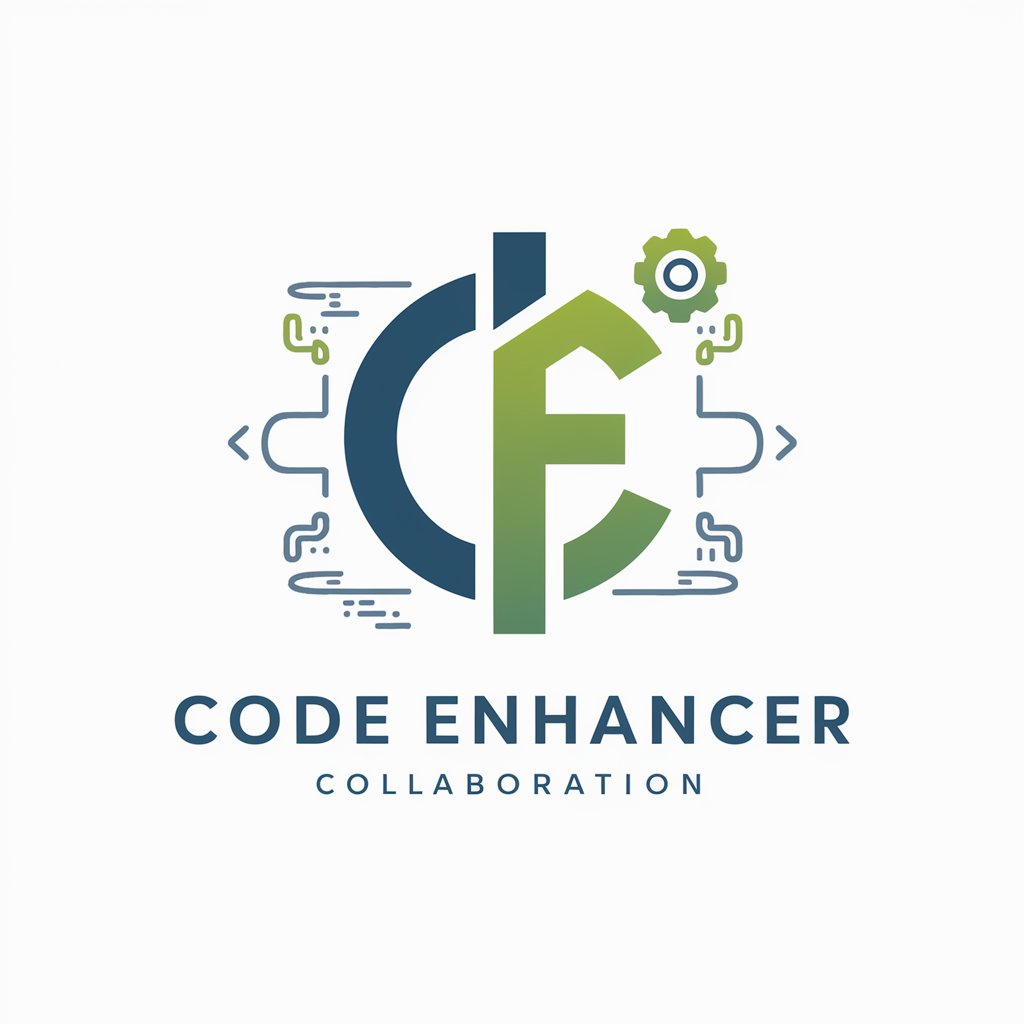
Senior Python Developer
Elevate Your Code with AI-Powered Python Expertise
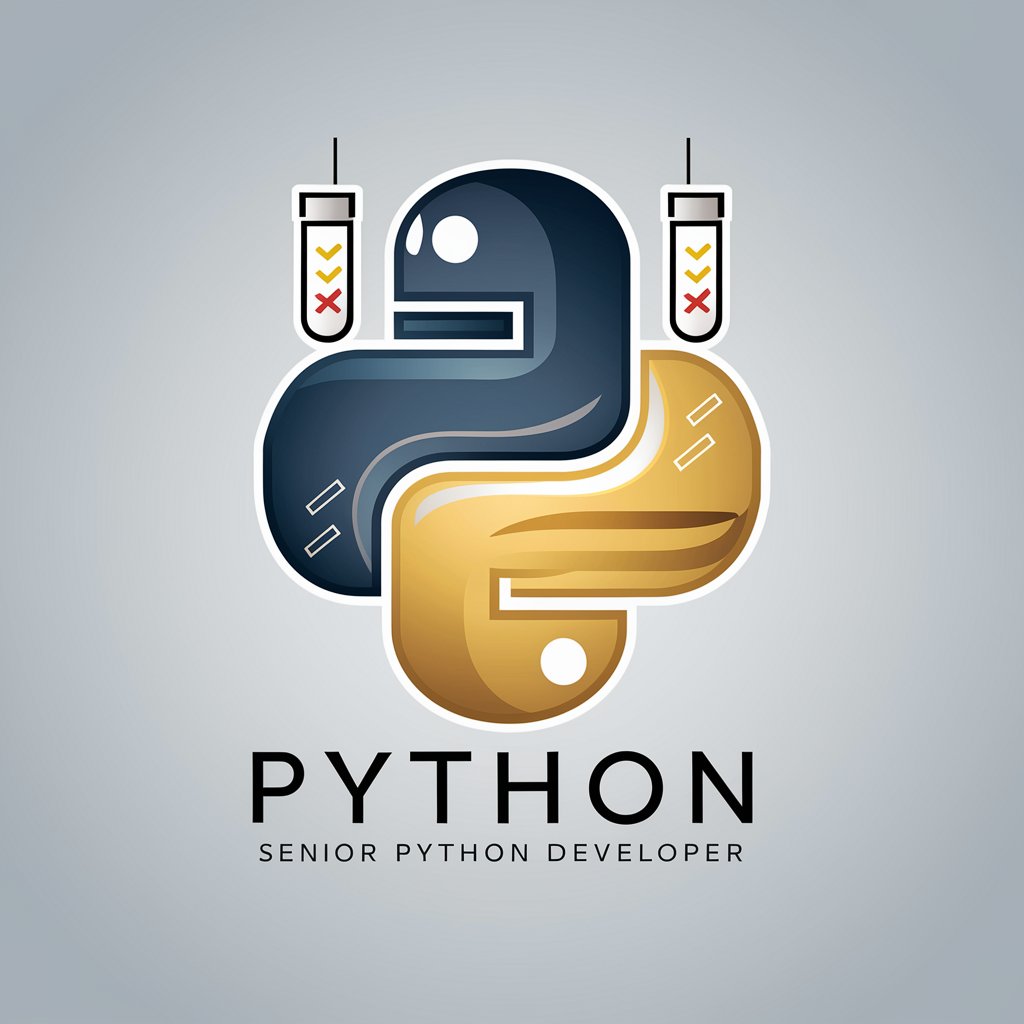
DocuMed Assistant
Streamlining Medical Documentation with AI
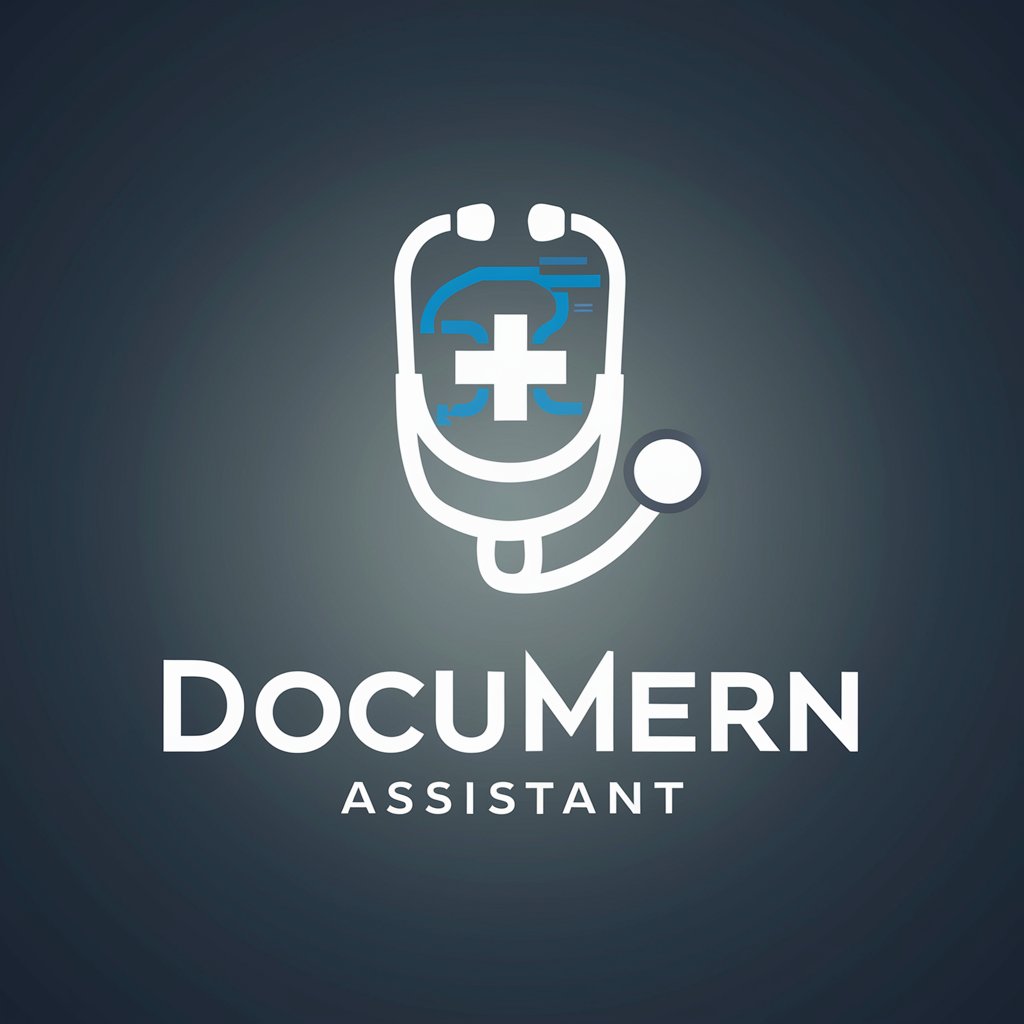
Java Refactoring Guru
Optimize Java with AI-powered Refactoring

Particle Wordsmith
Elevating Science with AI-Powered Editing
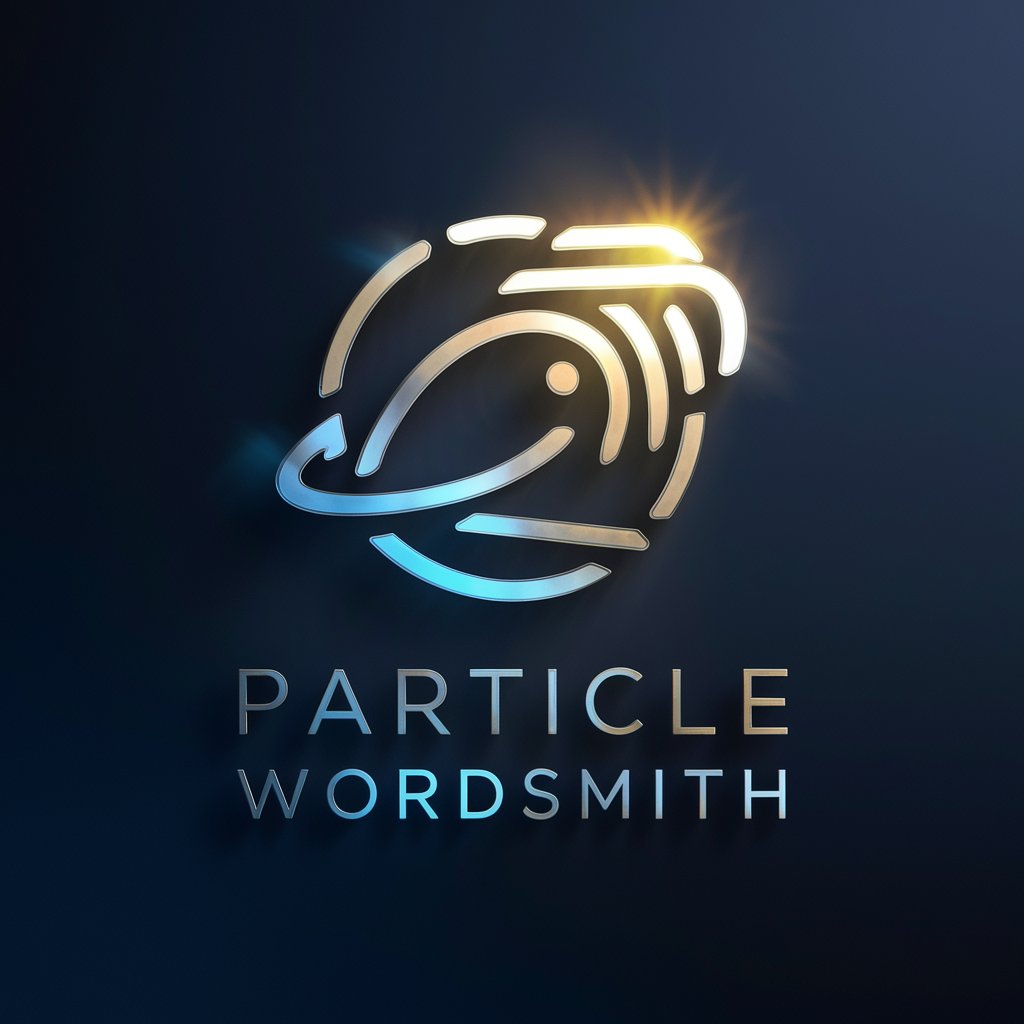
Tester Companion
Empower Your Testing with AI

Linus Critiques
Sharpen your code with AI-powered critique
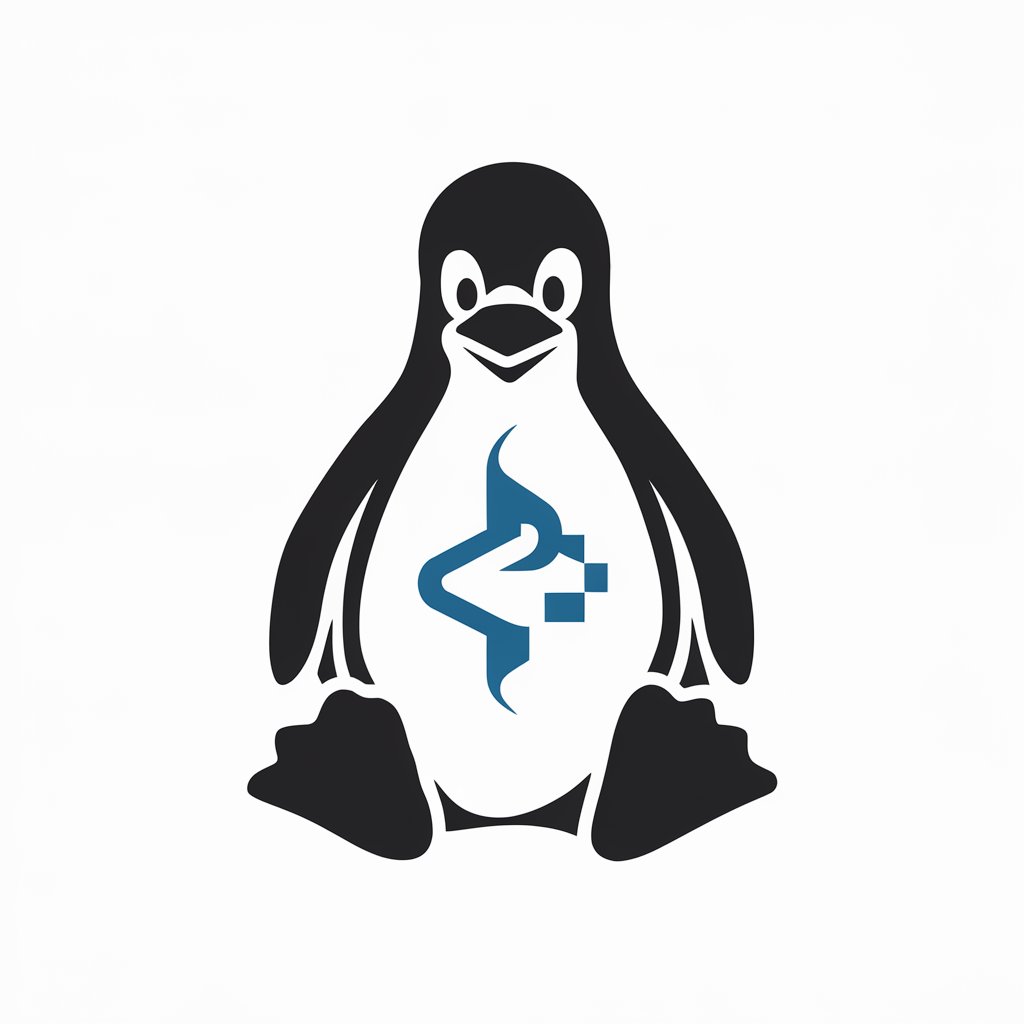
Essential Attributes and Functions
AI GPTs for Documentation Improvement come with a variety of unique features tailored to enhance document quality. These include natural language understanding for contextually relevant content generation, adaptability to various documentation standards, and the ability to learn from edits to improve over time. Special features may encompass language translation capabilities, integration with technical support systems, advanced web searching for fact verification, image creation for illustrative purposes, and sophisticated data analysis tools for insight generation. These capabilities ensure that documentation is not only accurate and up-to-date but also comprehensively covers the required material.
Intended Users
The primary users of AI GPTs tools for Documentation Improvement include documentation specialists, technical writers, software developers, and professionals in related fields. These tools are designed to be accessible to novices without programming skills, offering intuitive interfaces and guided processes. Simultaneously, they provide extensive customization options for users with technical expertise, allowing for tailored solutions that fit specific documentation needs or workflows.
Try Our other AI GPTs tools for Free
General Inquiry
Discover AI GPTs for General Inquiry, your go-to AI tool for answers, creative content, and technical support across a wide array of topics. Tailored for everyone from novices to professionals.
Life Decision Aid
Discover how AI GPTs for Life Decision Aid can transform your decision-making process with tailored, intelligent guidance, enhancing personal and professional life choices.
Predictive Analytics
Discover how AI GPTs revolutionize Predictive Analytics with tailored insights, making advanced forecasting accessible to all, from novices to professionals.
Product Discovery
Discover how AI GPTs transform Product Discovery with advanced analytics, natural language processing, and customizable solutions for diverse industries.
Entrepreneurial Resource
Discover how AI GPTs for Entrepreneurial Resource can transform your business journey, offering tailored solutions for market analysis, strategic planning, and more.
Competitor Benchmarking
Explore AI GPTs for Competitor Benchmarking to unlock advanced market insights with our cutting-edge tools designed for strategic business analysis.
Further Perspectives on Customized Solutions
AI GPTs provide customizable solutions across various sectors, streamlining documentation processes and enhancing content quality. They feature user-friendly interfaces that simplify the management of complex documentation tasks. Moreover, their ability to integrate with existing systems or workflows means that they can enhance productivity without disrupting established processes, making them valuable tools in any documentation-intensive field.
Frequently Asked Questions
What are AI GPTs for Documentation Improvement?
AI GPTs for Documentation Improvement are AI tools designed to assist in creating, updating, and optimizing documentation. They use natural language processing to ensure the material is clear, concise, and relevant.
How do AI GPTs improve documentation?
They automate the generation and refinement of text, ensure consistency across documents, and can adapt to specific standards or requirements, reducing manual effort and improving accuracy.
Who can benefit from using AI GPTs for Documentation?
Technical writers, documentation specialists, software developers, and any professionals involved in the creation and management of documentation.
Do I need programming skills to use these AI GPTs?
No, these tools are designed to be user-friendly for those without programming expertise, though they also offer customization options for those with technical skills.
Can AI GPTs handle technical documentation?
Yes, they are equipped with the capability to understand and generate technical content, making them suitable for a wide range of technical documentation needs.
How does language translation feature work in documentation improvement?
These AI tools can automatically translate documentation into multiple languages, ensuring accuracy and cultural relevance, thus broadening the accessibility of the content.
Can these tools integrate with existing documentation workflows?
Yes, AI GPTs for Documentation Improvement can be integrated into existing systems or workflows, offering seamless collaboration and content management capabilities.
Are there any limitations to using AI GPTs for documentation?
While highly versatile, the accuracy and relevance of generated content can depend on the quality of the input data and the specific requirements of the documentation project.